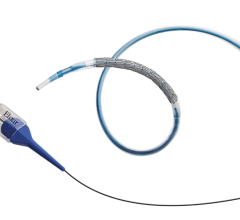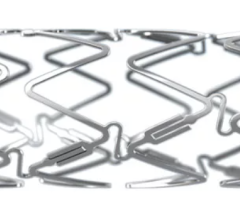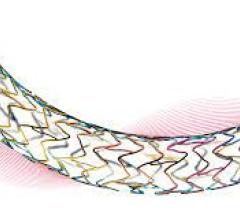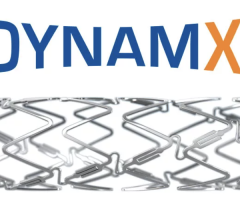November 4, 2007 – A patient care program in North Carolina shortened the time it took to treat heart attack patients with either clot-busting drugs or percutanous coronary intervention (PCI) by up to 32 minutes, according to late-breaking research presented at the American Heart Association’s Scientific Sessions 2007.
“Even though 25 years of research shows that people having a heart attack are more likely to survive when their blocked arteries are opened quickly, national statistics on heart attack treatment tell us that these patients are still treated too slowly or not at all,” said Christopher B. Granger, M.D., professor of medicine and director of the cardiac care unit at Duke University Medical Center in Durham, N.C.
The program, called Reperfusion of Acute MI in Carolina Emergency Departments (RACE), developed regional systems of care to improve rates of reperfusion, re-opening blocked arteries with either clot-dissolving drugs or PCI, at 65 hospitals across five regions. American Heart Association/American College of Cardiology guidelines recommend that the artery be opened as rapidly as possible, with clot-busting therapy delivered within 30 minutes and PCI accomplished within 90 minutes of the patient entering the hospital door (door-to-balloon time). The American Heart Association has recently suggested that these times can be shortened by improving systems of care.
The study included 10 PCI centers and 55 non-PCI centers, treating 2,089 patients having an acute ST elevation myocardial infarction (heart attack). The average age of patients was 61 and 31 percent were women. Nearly half (44 percent) arrived at the non-PCI hospitals via emergency medical transport. Researchers included patients with acute coronary syndrome from the last quarter of 2005 through the first quarter of 2007. The study included all patients who arrived at PCI hospitals and the first 10 consecutive patients at each non-PCI hospital.
“We addressed each component of care beginning with emergency medical services, extending through emergency medicine, cardiology, hospital administration, including state and local government,” Granger said.
Each of the regions had a full-time nurse coordinator to help carry out the RACE protocol. PCI centers agreed to establish specific elements – such as a single telephone number to immediately activate the catheterization lab team – to improve the speed of reperfusion among heart attack patients.
In non-PCI hospitals, for clot-busting therapy, the percentage of patients receiving treatment within 30 minutes improved from 35 percent to 52 percent. For the 237 patients transferred from a non-PCI hospital to a PCI hospital, first door-to-balloon times improved from 160 minutes to 128 minutes, and to 106 minutes for hospitals that routinely transferred for PCI. At the PCI hospitals, median door-to-balloon times improved from 85 minutes before the RACE protocol to 74 minutes after it was established, and after the RACE program, 72 percent of patients received PCI within 90 minutes.
Support for this study was provided by Blue Cross Blue Shield North Carolina.
Statements and conclusions of study authors that are presented at American Heart Association scientific meetings are solely those of the study authors and do not necessarily reflect association policy or position. The American Heart Association makes no representation or warranty as to their accuracy or reliability.
For more information: www.americanheart.org


 July 02, 2024
July 02, 2024 









